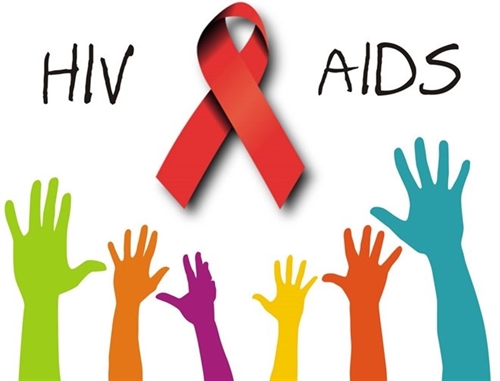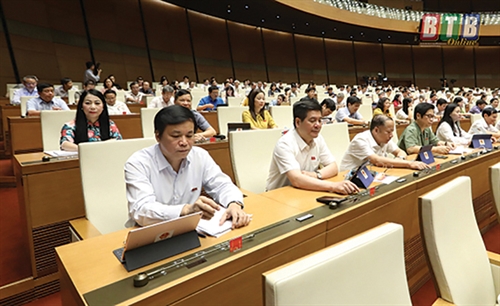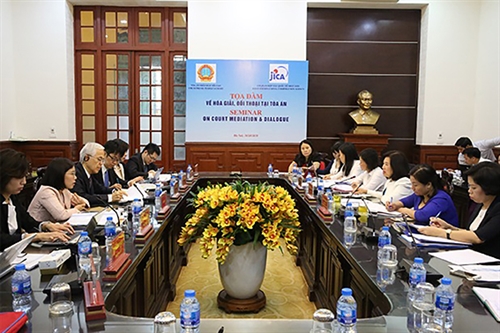Effective on January 1 this year, the 2020 Law on Environmental Protection (the Law) has new provisions on compensation for environmental damage as compared to the 2014 version. Such provisions are introduced in Section 2, Chapter X of the Law, from Articles 130 thru 135.
Principles of identification of liability for compensation for environmental damage
Organizations and individuals causing environmental damage have to pay compensation for damage caused by their acts as well as all expenses for identification of damage and performance of procedures for claiming compensation for damage, unless they strictly comply with the law on environmental protection, have appropriate waste treatment systems, and can prove that they cause no environmental damage.
In case two or more organizations and individuals cause environmental damage, liability of each of them to pay compensation for the damage will be identified according to types of pollutants, emission volumes and other factors. Liability to pay compensation for environmental damage, pay expenses for identification of damage and performance of procedures for claiming compensation for damage will be identified for each damage causer corresponding to the ratio of damage caused by it/him/her to the total damage. If it is impossible to identify such ratio, an arbitration or a court will decide it according to its competence.
Responsibility to claim compensation for damage and identify environmental damage
When detecting signs of environmental pollution or degradation, People’s Committees at all levels, organizations and individuals must notify them to agencies responsible for making compensation claims and collect and appraise data and evidences for identification of environmental damage caused by pollution or degradation.
The Law assigns the responsibility to claim compensation for environmental damage to state management agencies, including People’s Committees at all levels and the Ministry of Natural Resources and Environment.
Specifically, commune-level People’s Committees will claim compensation for environmental damage caused in localities under their management. In this case, they will request district-level People’s Committees to collect and appraise data and evidences for identification of environmental damage caused by environmental pollution or degradation.
Meanwhile, district-level People’s Committees will claim compensation for damage and collect and appraise data and evidences for identification of environmental damage caused by pollution or degradation in two or more commune-level administrative units. Provincial-level People’s Committees will claim compensation for damage and collect and appraise data and evidences for identification of environmental damage caused by pollution or degradation in two or more district-level administrative units.
Finally, the Ministry of Natural Resources and Environment will claim compensation for damage and coordinate with provincial-level People’s Committees in collecting and appraising data and evidences for identification of environmental damage caused by pollution and degradation in two or more provincial-level administrative units.
The Law adds provisions on identification of environmental damage caused by pollution or degradation. Under Article 132, the identification of damage caused by the decrease in functions and -utilities of the environment will be carried out independently or with the collaboration between the damage-causing and -suffering parties. At the request of either party or both parties, specialized environmental protection agencies will guide or attest to the identification of damage. The identification of damage to human health or life, property and lawful interests of organizations and individuals which is caused by the decrease in functions and utilities of the environment must comply with law.
Claims for compensation for environmental damage will be settled through negotiation between involved parties. In case of failure to negotiate with each other, the parties may choose to settle their disputes by mediation or arbitration or at court. Dispute settlement at court must comply with regulations on compensation for non-contractual damage and the civil procedure law, except the burden of proof of the causal relationship between violations committed and damage caused which is the responsibility of violators and polluters.-









